In response to Sullivan claim, Iran sets conditions for US return to JCPOA
The Iranian Foreign Ministry spokesman dismisses the latest claim by US National Security Advisor Jake Sullivan about the side that has withdrawn from a multilateral 2015 nuclear agreement, setting conditions for Washington's return to the deal.
In a post on his Twitter account on Tuesday, Saeed Khatibzadeh said Sullivan has claimed that Iran had left the nuclear deal, officially known as the Joint Comprehensive Plan of Action (JCPOA), and cast doubt if the US official is "unaware" that it was Washington that pulled out of the agreement three years after its conclusion.
He added that the path for the US return to the landmark nuclear deal is clear and set three conditions for Washington in this regard.
.@jakejsullivan claims Iran has left JCPOA. Is he unaware that it was US that left?
— Saeed Khatibzadeh | سعید خطیبزاده (@SKhatibzadeh) November 9, 2021
Path for US return is clear: admission of culpability, end to its 'max failure' campaign & guarantee that int'l law won't be mocked again
JCPOA fundamentally dictates these basic expectations. pic.twitter.com/gBVjBUu6NG
"Admission of culpability, end to its 'max failure' campaign & guarantee that int'l law won't be mocked again. JCPOA fundamentally dictates these basic expectations," the Iranian spokesperson tweeted.
On Sunday, the US national security adviser said in an interview on CNN that Iran has not shown willingness to fully comply with the JCPOA "despite us working closely with our allies and partners to create the negotiating circumstances for that happening".
In a Monday phone call with his British counterpart, Elizabeth Mary Truss, Iran’s Foreign Minister Hossein Amir-Abdollahian said the upcoming talks in the Austrian capital would prove successful if all sanctions against Iran were removed, all sides resumed compliance with their commitments, necessary assurances were offered about the implementation of the negotiations' outcomes and the opposite sides' measures were verified.
Former US President Donald Trump nixed the JCPOA in May 2018 and re-imposed the anti-Iran sanctions that the deal had lifted. He also placed additional sanctions on Iran under other pretexts not related to the nuclear case as part of his “maximum pressure” campaign.
Following a year of strategic patience, Iran resorted to its legal rights stipulated in Article 26 of the JCPOA, which grants a party the right to suspend its contractual commitments in case of non-compliance by other signatories and let go of some of the restrictions imposed on its nuclear energy program.
Iran and the remaining parties to the JCPOA -- Britain, France, Germany, China and Russia -- have held six rounds of talks in Vienna since April, which began after the administration of US President Joe Biden voiced willingness to rejoin the agreement. The talks were, however, put on hold in the run-up to Iran’s presidential election in June so that the Islamic Republic could go through a period of government transition.
Iranian Deputy Foreign Minister and top negotiator Ali Baqeri-Kani announced via Twitter on Wednesday that he had spoken with European Union Deputy Secretary General and Political Director Enrique Mora, during which the two sides “agreed to start the negotiations aiming at removal of unlawful & inhumane sanctions on 29 November in Vienna.”
Palestinian Ambassador’s residence in Tehran attacked amid terror wave
Syria's HTS regime agrees to truce with SDF after its troops advance
EU mulls over $100bn in US retaliatory tariffs over Greenland
VIDEO | Trump's presence sparks major protests at Davos Forum
President Pezeshkian vows historical Iran-Iraq relations will remain stable
Iran’s iron and steel exports up 27% y/y in Apr-Dec
Sudan is scene of 'horror and hell': UN rights chief
Scottish leader vows another independence vote if his party wins in May


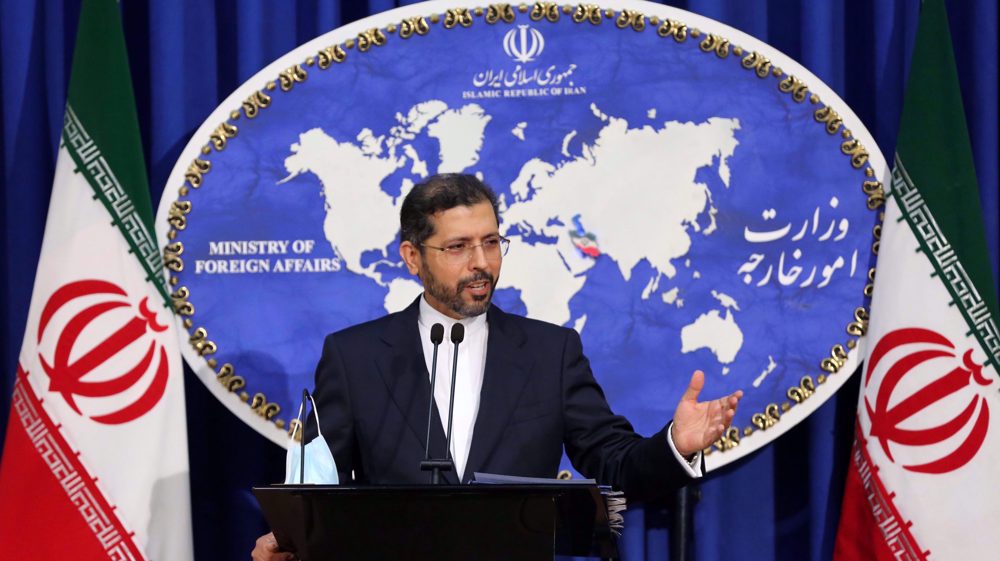
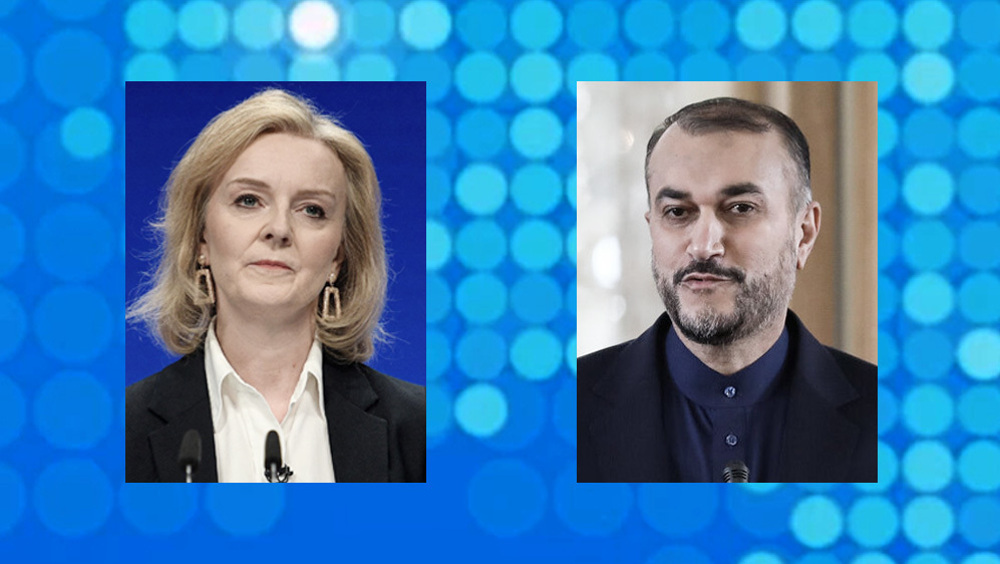
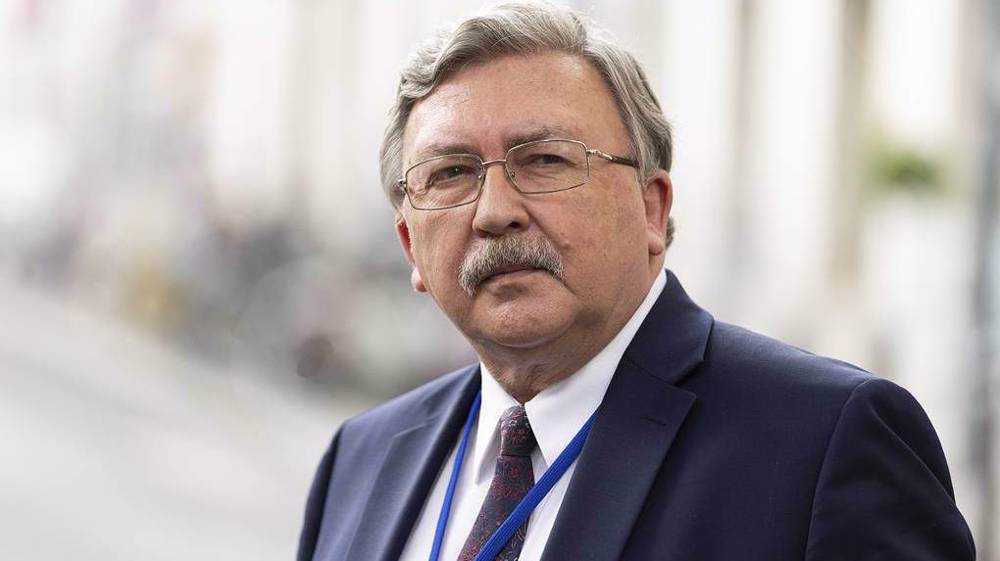
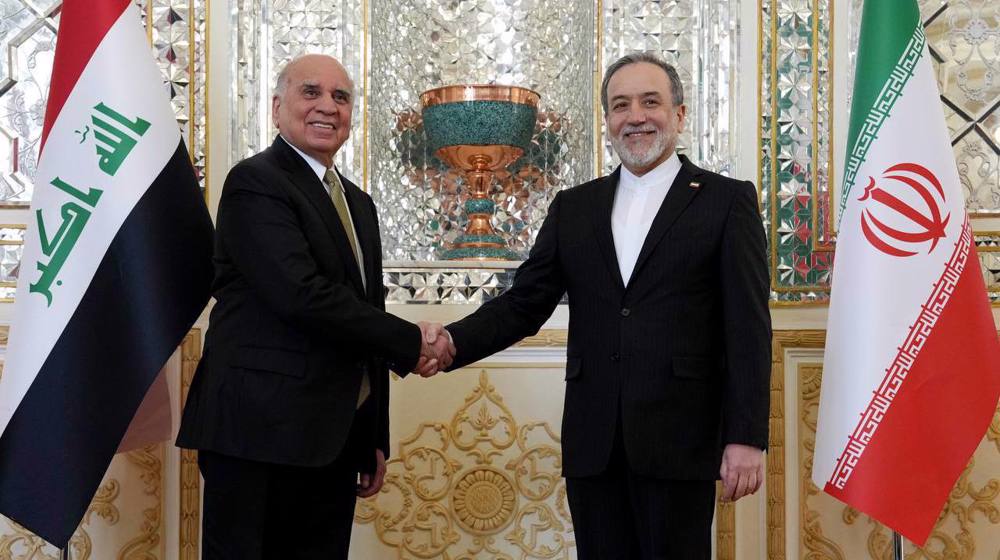
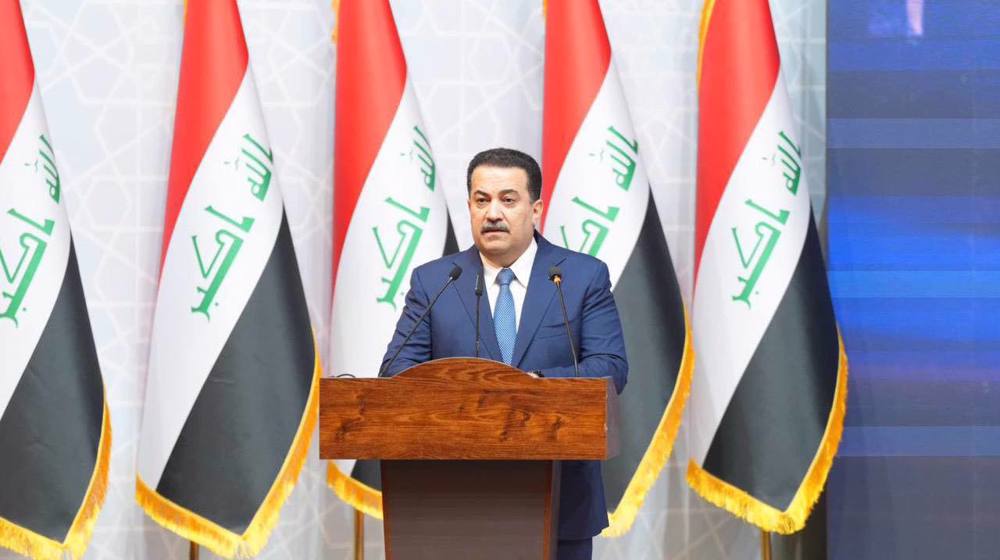
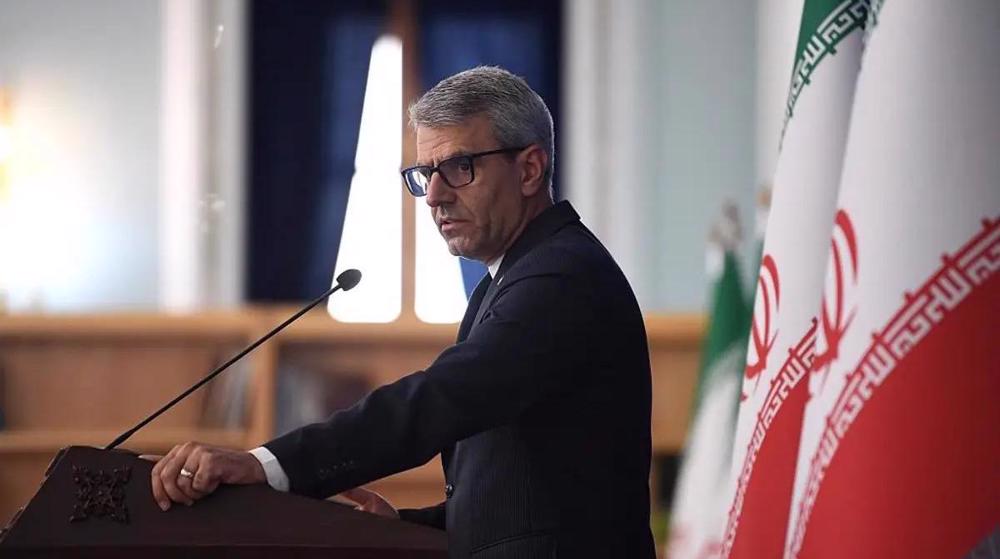




 This makes it easy to access the Press TV website
This makes it easy to access the Press TV website